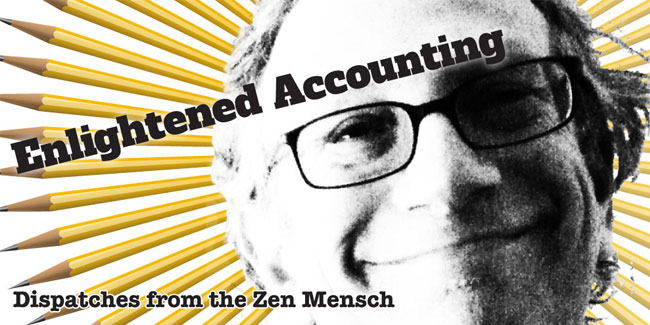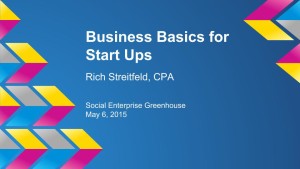RAISE THE MOST, COAST TO COAST?
NON-PROFIT REGISTRATION HEADACHES
Think it’s easy being a non-profit? (NOT!) There is the constant struggle for funding, which gets harder as times get leaner. There is finding the right people for a productive, engaged board that still gives proper authority to staff — a fine line. Now comes another possible headache — multi-state registration.
Typically a local non-profit incorporates and registers in its own state only. So “Westerly Theatre Company, “WTC, starts up. Westerly RI is just miles from the Connecticut border, and WTC has many CT who receive WTC’s annual appeal. Westerly’s founder also has wealthy family and friends in New York City, where she holds small intimate fundraisers a few times a year.
Guess what? WTC may be required to register (typically with a “Charities Division,”, often part of the Attorney General’s office) as a non-profit in both of those states.
Forty states require nonprofits that solicit contributions from state residents to register (typically for a fee) with a state agency. Solicitation can include direct mail, e-mail and even a website “donate button” that a non-resident responds to and the organization follows up with. And the exact rules and exemptions differ by state. “E Pluribus, Pluribus”, you might say.
 |
| ©istock.com/andrewgenn |
An out of state nonprofit that receives contributions under $25,000 per year from New York residents is exempt from registering in New York, but this would not be true in California. Massachusetts requires professionally prepared financial statements at a lower revenue threshold then does Rhode Island. Educational and religious organizations are often exempt.
The possible ramifications of not registering? Well the IRS Form 990, which the board must approve, asks “which states require a Form 990 to be filed?” — and often filing of the 990 with the state accompanies the annual filings. Pennsylvania might fine you $1,000 or you could simply be barred from soliciting. And there is no national, uniform way of registering in all states.
So, what is the risk and reward? The time and financial commitment can be overwhelming and the state may lack the resources to enforce sanctions on a wide scale. Are you a local soccer league that has a couple of grandparents from New Jersey that contribute? You are probably not at risk. A disability rights organization that fund-raises nationally through volunteers in each state? Might need to bite the bullet and register across the board. Somewhere in the murky middle? At the very least, we recommend reading up on the issue, informing your board and perhaps discussing with your accountant and attorney. Feel free to contact us as well.






